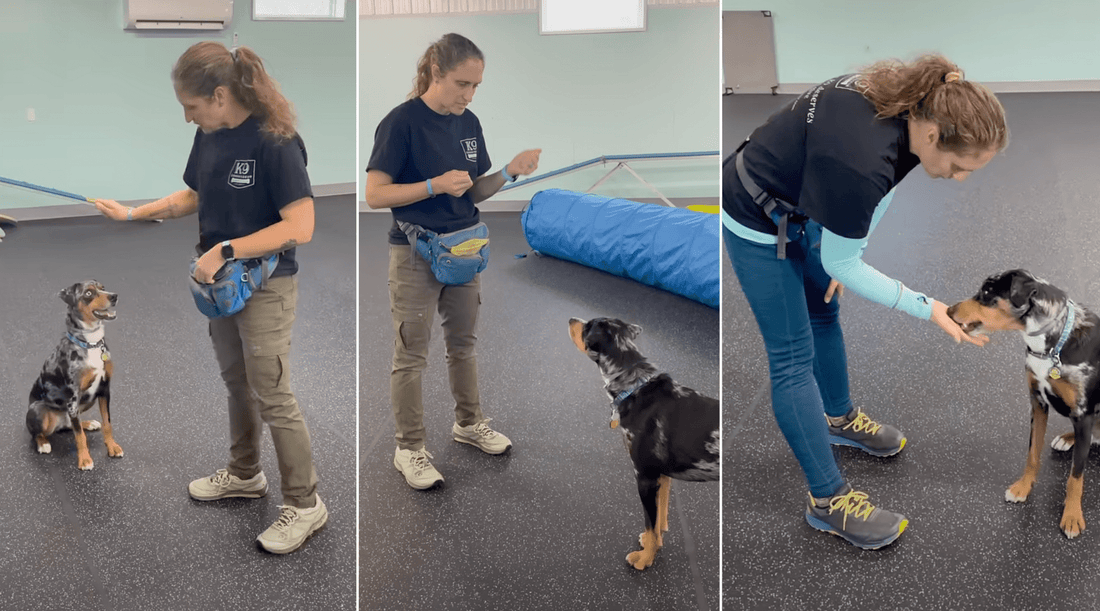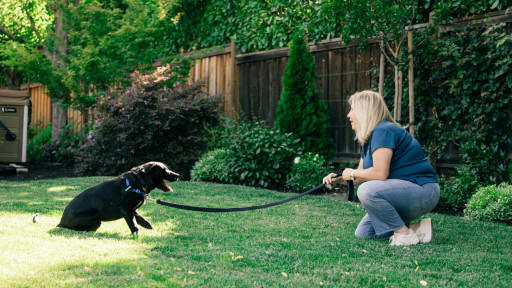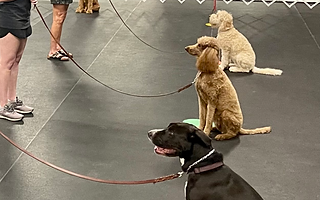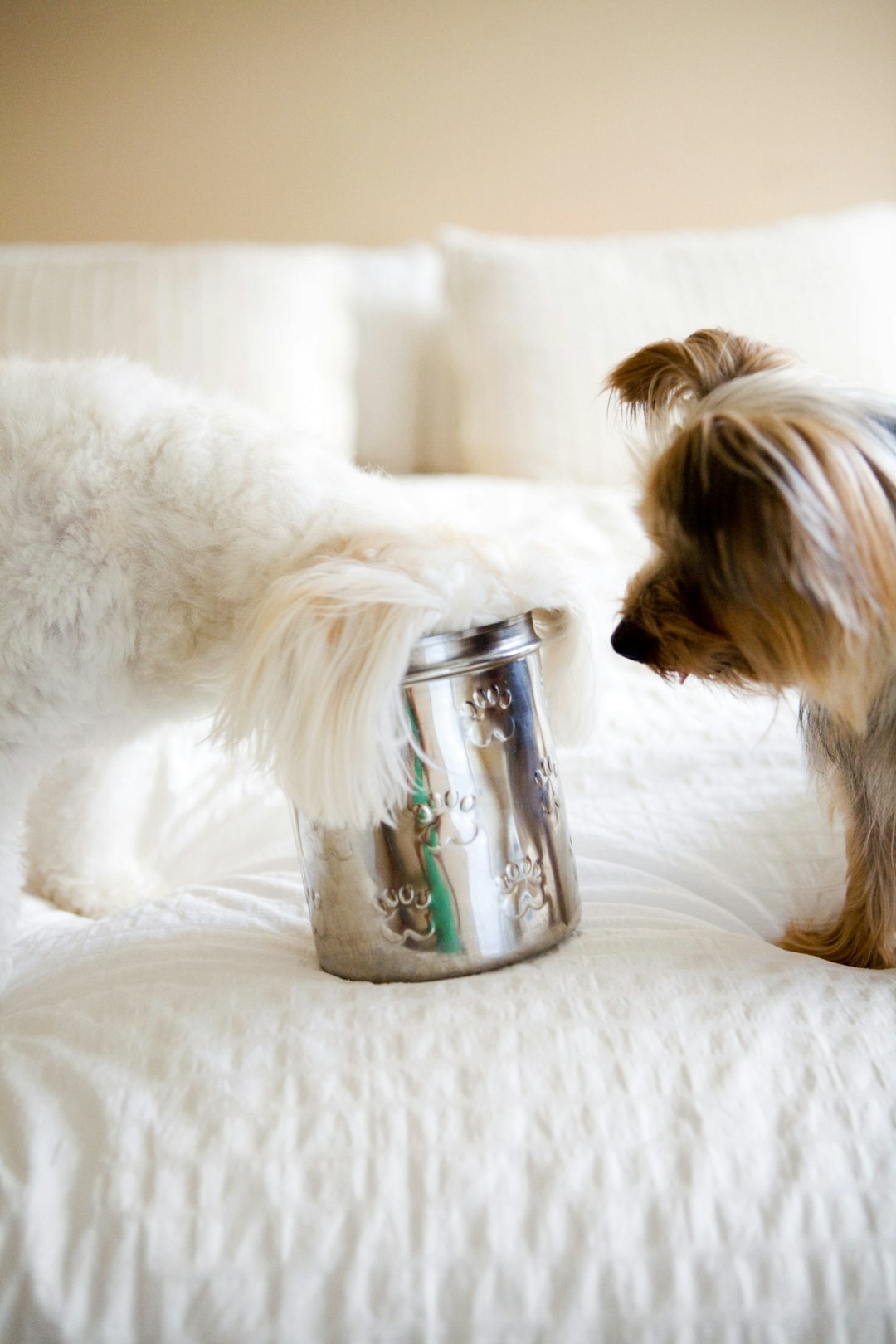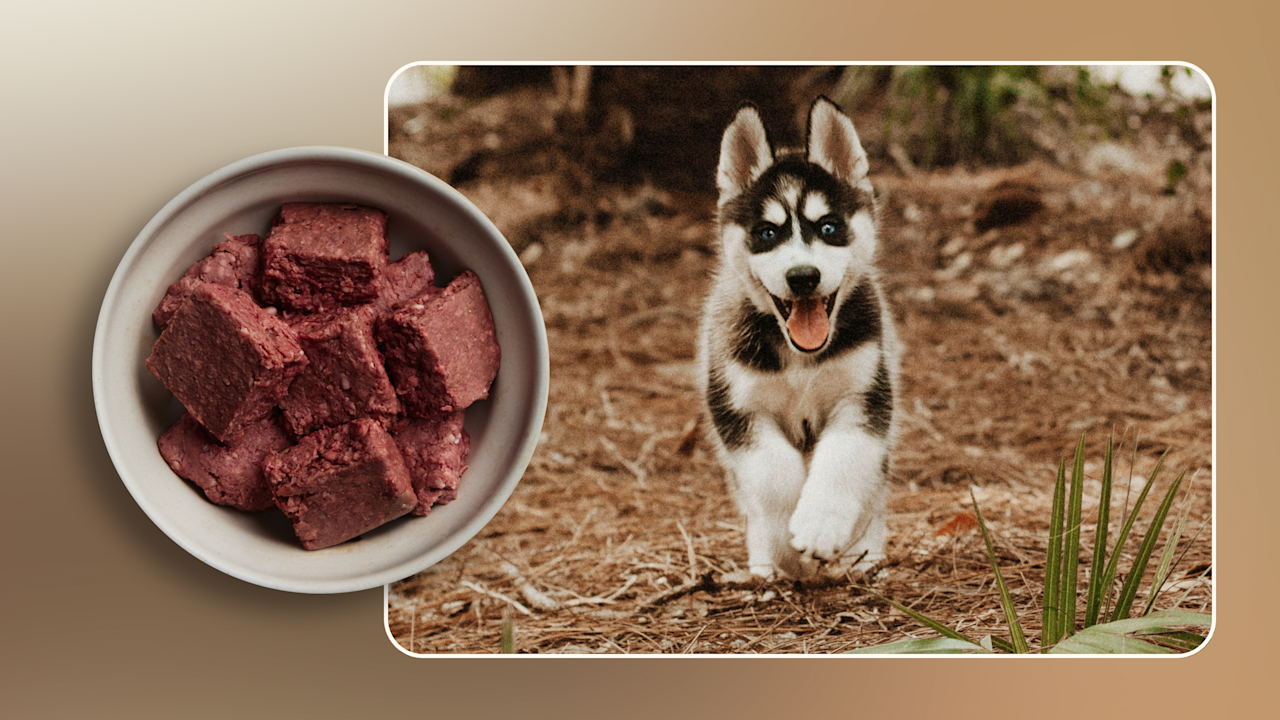Do you want to take your dog’s skills to the next level? Teaching advanced tricks isn’t just fun—it strengthens your bond and keeps your dog’s mind sharp.
Imagine impressing friends with your dog’s amazing moves or having a loyal companion who listens to every command. This guide will show you simple, effective ways to train your dog advanced tricks step by step. Ready to unlock your dog’s full potential?
Let’s dive in!

Credit: www.amazon.com
Preparing For Advanced Training
Preparing for advanced training is a crucial step in teaching your dog impressive tricks that will wow your friends and strengthen your bond. It involves understanding your dog’s current skill level, setting realistic training goals, and gathering the right tools to ensure success. With the right preparation, you can make the training process enjoyable and efficient for both you and your furry friend.
Assessing Your Dog’s Current Skills
Before diving into advanced tricks, it’s essential to evaluate where your dog stands in terms of obedience and basic commands. Can your dog sit, stay, and come on command? Observing these skills will help you understand your dog’s learning pace and identify areas that need improvement.
Have you noticed any particular strengths or weaknesses in your dog’s abilities? Use these observations to tailor your training approach. A dog with a strong recall might be more inclined to learn tricks that involve distance, while one with a keen sense of balance might excel at physical challenges.
Setting Clear Training Goals
Defining specific training goals keeps you focused and helps your dog understand what is expected. Decide on the tricks you want your dog to master, such as rolling over, playing dead, or even fetching specific items. Having a clear goal allows you to measure progress effectively.
Are you aiming for agility or intelligence-based tricks? Consider what aligns with your dog’s natural abilities and interests. Setting achievable goals will keep both you and your dog motivated throughout the training journey.
Gathering Necessary Training Tools
The right tools can significantly enhance the learning process. Invest in quality training treats, clickers, and toys that encourage your dog’s participation. These tools will act as positive reinforcement, making the training sessions enjoyable.
Do you have a designated training space? Ensure the area is free from distractions, providing a safe and focused environment. A calm setting contributes to a successful training experience and allows your dog to concentrate on mastering new tricks.
Building A Strong Foundation
Training your dog to perform advanced tricks requires a strong foundation. This foundation builds trust and clear communication between you and your dog. Without it, advanced tricks become confusing and frustrating for your pet. Start with basics to prepare your dog mentally and physically for more complex tasks.
Reinforcing Basic Commands
Basic commands like sit, stay, come, and heel are crucial. Practice these commands daily to make them second nature for your dog. Use positive reinforcement such as treats or praise. Clear and consistent commands help your dog understand what you want. A solid grasp of basic commands makes learning advanced tricks easier.
Improving Focus And Patience
Advanced tricks require your dog’s full attention. Train your dog to focus on you despite distractions. Short, frequent training sessions improve concentration. Use calm voices and gentle gestures to keep your dog engaged. Patience is key; allow your dog time to process each step.
Establishing Consistent Training Sessions
Consistency helps your dog learn faster and better. Set a regular schedule for training sessions. Keep sessions short, about 10 to 15 minutes, to avoid tiring your dog. Use the same commands and signals every time. Consistent training builds routine and improves learning speed.
Introducing Complex Tricks
Introducing complex tricks to your dog can be an exciting challenge. These tricks require patience, clarity, and a structured approach. Your dog will need clear guidance to understand each part of the trick, so breaking it down and using the right cues is essential for success.
Breaking Down Tricks Into Steps
Complex tricks can overwhelm your dog if you try to teach them all at once. Instead, divide the trick into small, manageable steps. Focus on one step at a time until your dog masters it.
For example, if you want your dog to roll over, start by teaching them to lie down first. Once they’re comfortable with lying down, guide them to roll onto their side, and then complete the full roll. This gradual approach helps your dog build confidence and understand the trick clearly.
Using Positive Reinforcement
Positive reinforcement motivates your dog to learn faster and enjoy the training process. Reward your dog immediately after they perform a correct action, using treats, praise, or playtime.
Think about the last time you learned something new—did encouragement help you stay focused? Dogs respond the same way. Consistent rewards make your dog want to repeat the behavior, turning training into a positive experience for both of you.
Incorporating Hand Signals And Voice Commands
Adding hand signals alongside voice commands creates clearer communication. Dogs often understand visual cues faster than verbal ones, especially in noisy environments.
Try pairing a simple hand motion with each command, like pointing down when asking your dog to sit. Over time, your dog will respond to either the hand signal or the voice command, giving you flexibility during training.
Have you noticed your dog reacting differently to your tone or gestures? Using both signals ensures your dog knows exactly what you want, reducing confusion and speeding up learning.

Credit: www.amazon.com
Advanced Trick Examples
Advanced tricks add fun and challenge to your dog’s training routine. These tricks improve your dog’s focus and obedience. They also build stronger communication between you and your dog. Try these engaging tricks to keep training exciting and rewarding for both of you.
Teaching Spin And Weave
Start with the spin trick by guiding your dog in a circle. Use a treat to lure them around in a full turn. Praise and reward immediately once they complete the spin. For the weave, set up poles or use your legs. Encourage your dog to move zigzag through the obstacles. Move slowly at first, then increase speed as they improve.
Mastering Play Dead And Roll Over
Teach play dead by asking your dog to lie down. Use a hand signal or word like “bang” while guiding their head to the side. Reward when they hold the position. Roll over starts with the dog lying down. Gently roll your dog onto their side and then back. Practice in small steps and reward often to keep them motivated.
Training Fetch Variations
Introduce new fetch games beyond simple retrieving. Try throwing the toy into a box or specific spot. Teach your dog to bring different items on command. Use clear words for each toy or object. Change the distance and direction of throws to challenge your dog’s skills.
Learning Balance And Agility Skills
Balance training improves your dog’s coordination and confidence. Use low beams or sturdy boards for balancing exercises. Guide your dog slowly across while offering treats. Agility skills include jumping through hoops or running through tunnels. Start with easy obstacles and gradually increase difficulty. Keep sessions short to maintain your dog’s focus.
Troubleshooting Common Challenges
Training your dog in advanced tricks is exciting, but challenges can slow progress. Identifying and tackling common obstacles helps keep both you and your dog motivated. Let’s look at practical ways to handle distractions, frustration, and breed differences that might be holding you back.
Overcoming Distractions
Distractions can derail your dog’s focus quickly. Start training in a quiet space with minimal interruptions. Gradually introduce distractions like other pets or noises as your dog improves.
If your dog looks away or loses interest, pause and reward attention immediately. This teaches your dog that paying attention to you brings rewards, even amid chaos. Have you tried using high-value treats or toys to maintain your dog’s interest during distracting moments?
Dealing With Frustration
Both you and your dog can get frustrated when progress stalls. If your dog seems confused or upset, take a short break to reset. Try breaking the trick into smaller steps to make learning easier.
Remember, calm and patience go a long way. Celebrate small wins to build confidence. Have you noticed that your mood directly affects your dog’s willingness to learn?
Adjusting Techniques For Different Breeds
Different breeds have different strengths and challenges. Some dogs learn quickly with verbal cues, while others respond better to hand signals or physical guidance. Pay attention to what works best for your dog’s personality and breed traits.
For example, herding breeds might enjoy tricks involving movement, while smaller breeds may prefer stationary challenges. Tailoring your approach can make training more effective and enjoyable for both of you. How well do you know your dog’s natural instincts and preferences?
Maintaining Skills Long-term
Maintaining your dog’s advanced skills requires consistent effort beyond initial training. Skills can fade without regular reinforcement. Keep practice sessions frequent and steady to solidify learning. This ensures your dog retains tricks and performs them confidently over time.
Regular Practice Routines
Set a daily or weekly schedule for practice. Short sessions work better than long ones. Practice in different places to generalize skills. Use the same commands and cues each time. Consistency helps your dog understand and remember.
Rewarding Progress
Always reward your dog for correct performance. Use treats, praise, or play as motivation. Gradually reduce treats but keep praise high. Rewards encourage your dog to repeat the behavior. Celebrate small improvements to keep your dog eager.
Keeping Training Fun And Engaging
Make training enjoyable to prevent boredom. Mix up tricks and activities during sessions. Use toys and games to add excitement. Keep sessions short and positive. Happy dogs learn faster and stay interested longer.

Credit: offleashk9nova.com
Frequently Asked Questions
What Are The Best Advanced Dog Tricks To Teach?
Advanced tricks include playing dead, rolling over, fetching specific items, and weaving through legs. These skills build on basic commands and improve your dog’s agility and focus.
How Long Does It Take To Train Advanced Dog Tricks?
Training time varies by dog and trick complexity. Typically, it takes weeks of consistent daily practice, patience, and positive reinforcement for mastery.
What Tools Help In Training Advanced Dog Tricks?
Clickers, treats, and target sticks are effective tools. They motivate your dog, mark correct behavior, and make learning fun and efficient.
How Do I Keep My Dog Motivated During Training?
Use high-value treats, praise, and play breaks. Short, frequent sessions keep your dog engaged and prevent frustration or boredom.
Conclusion
Training your dog advanced tricks takes patience and practice. Keep sessions short and fun to hold your dog’s interest. Reward good behavior with treats and praise. Stay consistent with commands and signals every day. Remember, every dog learns at its own pace.
Celebrate small wins and enjoy the bond you build. Advanced tricks deepen your connection and keep your dog active. Keep training steady, and success will follow naturally.

